Like many doctors in the UK, I wanted to take time out of my career in the NHS to do voluntary work. Sadly, like many people, I found that I had to choose between my NHS job and working in a crisis zone. In my case, I chose to join Médecins Sans Frontieres four years ago and walk away from my job as an A&E junior doctor in the west country. I couldn’t get permission to take a career break so I had to choose another path entirely. I asked if I could apply for the next level in the training pathway – ST4 – and defer taking it up for a year, but this request was turned down.
Now, I wouldn’t change things. For me, it has been richly rewarding and I have developed my skills in countries like Syria, East Ukraine and the Philippines. But the fact remains that I could have been using my skills for good in the NHS too. If I had had the option to come back to a job that was held open for me, I would have taken it. But to apply to re-enter the training system the next year meant I had to have reliable access to the internet and would have had to fly back to Britain to interview on a certain day. At the time I was working in Aleppo, and it just was not possible.
I know that MSF sometimes struggles to recruit doctors and nurses from the UK for this very reason – hospital trusts are reluctant to let people take time off. I know a lot of people like me who asked for permission, and were refused on the grounds that the training pathway could not be halted. But by the time the training is over, other commitments and considerations come into play, like mortgages and families, so older doctors are much less likely to take off for three months to help out after an earthquake. It is the trainees in years three and four who have the expertise as well as the independence and the energy to take these roles, but they can’t fight a system that likes regimens and order.
I’m delighted if the Department of Health is coming round to the idea that trainee doctors should be given greater leeway when it comes to volunteering for aid missions. It is not just doctors who should be given greater flexibility, but paramedics, pharmacists, nurses and managers as well.
The payoff could be enormous in terms of the skilled personnel who would be returning to an NHS coping with the healthcare implications of globalisation and migration, as well as budget cuts and limited resources.
I am so much more knowledgeable and capable than I was before I joined MSF. I have a broad range of experience from treating tropical diseases and identifying the really unwell children among a crowd of hundreds, to coping with drug shortages, major trauma and mass casualty events. Working with MSF has also really improved my so-called ‘soft skills’ such as teamwork, communication with my patients and colleagues and the ability to think on my feet in the most extreme and hectic circumstances.
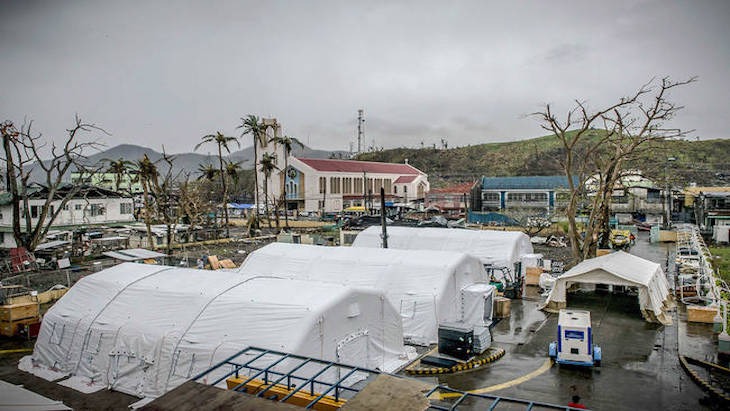
- Hospitals out of thin air - 24th May 2016
- Winds of change for volunteer medics - 20th May 2016
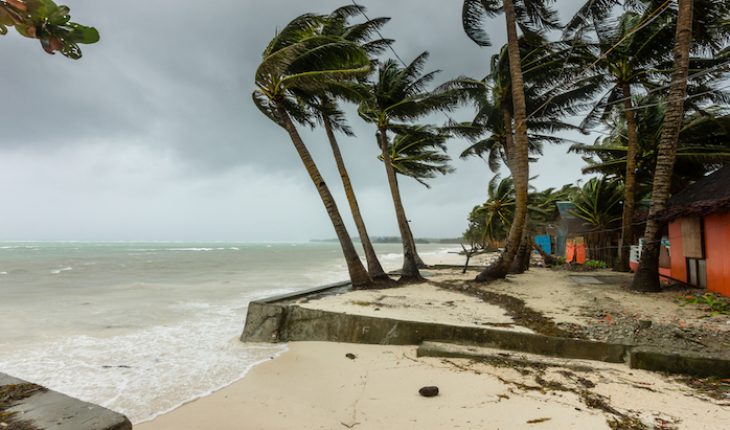
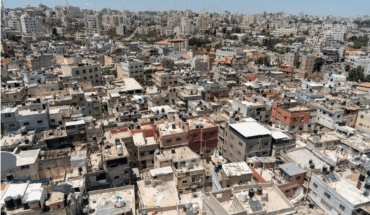
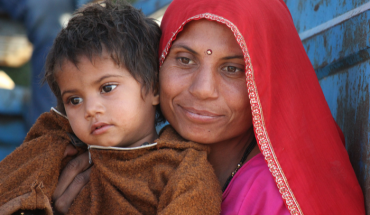



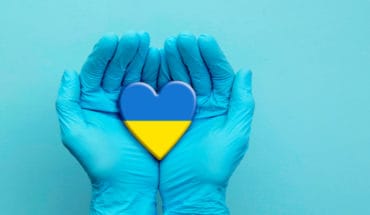
Natalie’s experience is typical of IRHC members who extend their clinical experience , skills and competence, but which is not recognised due to the absence of clinical passports which do not facilitate transfer of knowledge and credentialling amongst and between professional bodies including the NHS